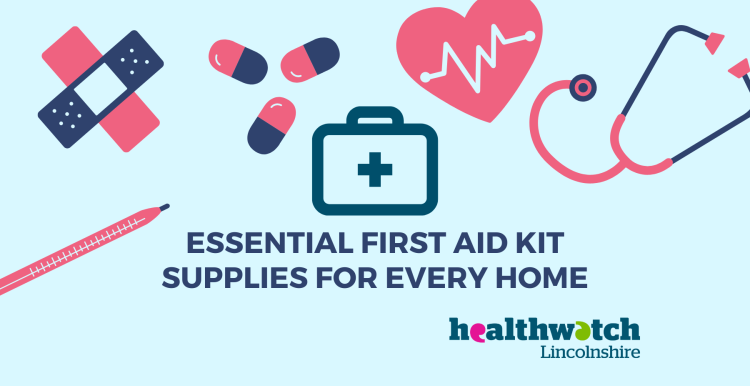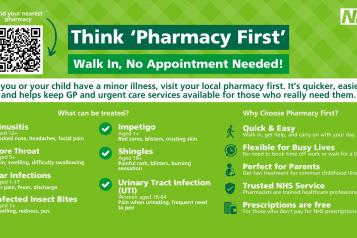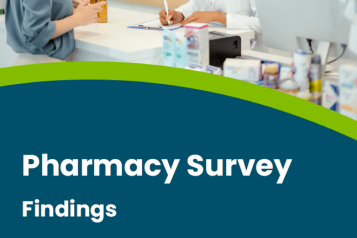Essential First Aid Kit Supplies for Every Home

It’s important to have a well-stocked first aid kit in your home so you can deal with minor accidents and injuries. Your first aid kit should be locked and kept in a cool, dry place out of the reach of children. It may also be useful to keep a basic first aid manual or instruction booklet with your first aid kit. Medicines should be checked regularly to make sure they’re within their use-by dates. Many people also keep a small first aid kit in their car for emergencies.
1. Adhesive Bandages: Adhesive bandages, commonly known as plasters, are essential for covering small cuts, blisters, or abrasions. Include a variety of sizes to cater to different wound sizes. Additionally, consider having specialized bandages such as butterfly closures for closing deeper cuts.
2. Sterile Gauze Pads and Medical Tape: Gauze pads are useful for cleaning and dressing larger wounds. They can absorb blood and help control bleeding. Medical tape is necessary for securing the gauze pads in place. Opt for individually wrapped sterile gauze pads to maintain cleanliness.
3. Antiseptic Solution or Wipes: Antiseptic solutions or wipes are essential for cleaning wounds and preventing infection. Include a bottle of antiseptic solution like hydrogen peroxide or povidone-iodine, or individually wrapped antiseptic wipes. Remember to check the expiration dates and replace them when necessary.
4. Tweezers, Scissors and Safety Pins: Tweezers are handy for removing splinters, foreign objects, or insect stingers from the skin. Look for tweezers with a fine tip for precision. Scissors with blunt ends are useful for cutting tape, clothing, or trimming bandages. Safety Pins
5. Disposable Gloves: Disposable gloves are essential for protecting yourself and the injured person from contamination. They provide a barrier against bodily fluids and reduce the risk of infection. Include a few pairs of latex-free gloves in your first aid kit.
6. Pain Relievers and Medications: Include over-the-counter pain relievers such as paracetamol (or infant paracetamol for children), aspirin (not to be given to children under 16), or ibuprofen for managing minor aches, pains, and fever. Include Antihistamine cream or tablets - Antihistamines are medicines often used to relieve symptoms of allergies, such as hay fever, hives, conjunctivitis and reactions to insect bites or stings. Additionally, consider having a small supply of any necessary prescription medications for family members with chronic conditions.
7. Instant Cold Packs: Instant cold packs can help reduce swelling, relieve pain, and soothe minor burns or injuries. These packs activate when squeezed, providing instant cold therapy without the need for refrigeration.
8. Sterile Eye Dressings, Eye Wash: By including sterile eye dressings and Eye Wash in your first aid kit, you can provide immediate protection and support in the event of an eye injury.
9. Medical Creams: Skin rash cream, such as hydrocortisone or calendula. Cream or spray to relieve insect bites and stings as well as antiseptic cream are very useful to have.
10. Thermometer: A digital thermometer is essential for monitoring body temperature accurately. It can help determine whether someone has a fever, which is a common symptom of various illnesses.
11. First Aid Manual and Emergency Contact Information: Keep a first aid manual or reference guide in your kit, providing instructions for common injuries and emergencies. Include emergency contact information, such as local emergency services and personal doctors, for quick reference.
12. Personalized Items: Consider adding any additional items specific to your family's needs, such as allergy medications, an EpiPen for severe allergic reactions, or asthma inhalers.
A well-stocked first aid kit is an essential item for every household. By having the necessary supplies readily available, you can promptly respond to minor injuries and provide immediate care. Remember to periodically check your first aid kit for expired items and replenish supplies as needed. With a properly equipped first aid kit, you can ensure the safety and well-being of your loved ones during unexpected emergencies at home.
Some common conditions that people seek GP appointments for will get better within a short time or can be treated with over-the-counter medicines from a pharmacy. For a wide range of minor ailments, your local pharmacist should be your first point-of-call.
Find Out More : Lincolnshire Community Pharmacies


